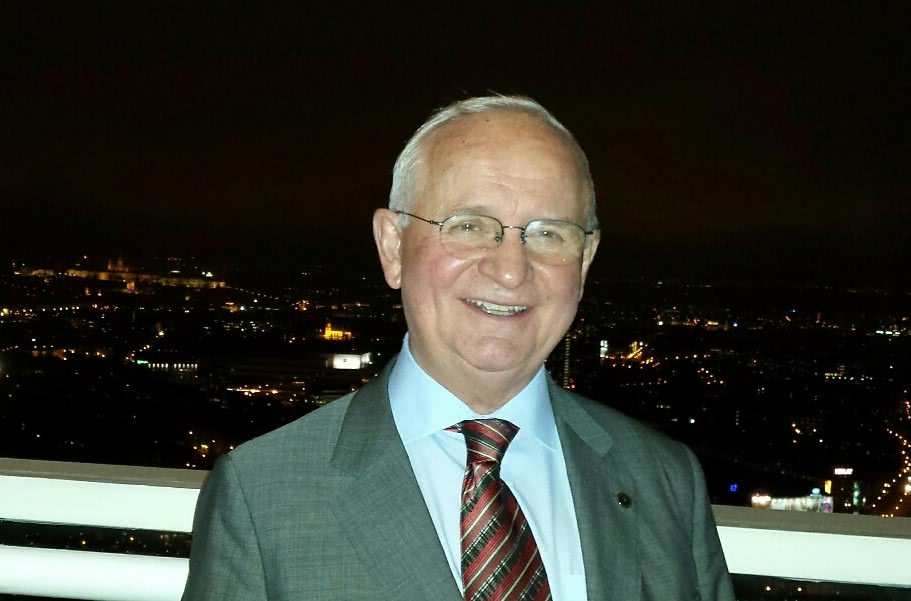Author: Jan Campbell – 25/06/2019
Abstract
The European Convention on Human Rights (ECHR), drafted in 1950 and entered into force on 3 September 1953, is an international convention to protect human rights and political freedoms in Europe.
Given issues, like the absence of trust in geopolitics and international relations, ruthless competition between states and civilizations to name a few and which surround the topic, this paper will argue that the key fundamental human rights cannot be protetcted in absolute terms. The paper considers four reasons: 1) The historical background. 2) The language aspect and the formulations. 3) The fact of non resolvable contradictions and paradoxes. 4) The non scientific origins of HR concepts. And two central arguments:
A) Judgments of ECHR as living instrument not formally bound by precedents, the position, trying to establish a legal certainty and foreseeability of rulings by not changing its jurisdiction without compelling reasons, the number of reasons of conflict with rights entrenched in other provisions of the Convention and last but not least the ECHR autonomous interpretation, allowing a protection much wider in scope than the protection offered under national law, lead practically to limitations of national souverenity;
B) The current geopolitical and geoeconomical environment which could be charaterized by the absence of trust, dialog, linear technological development, commonly accepted values and national interests, and the concept of human rights lacking scientific origin[1] make any result of comparison of human rights of only limited and theroretical value (not quantifiable and of quality). Nevertheless, the result could be used in the future should a science theory dedicated to the conduct of peace – The Paxology as a complementary science theory to Clausewitz On War[2] would be established and included into educational programms.
Key words: ECHR, HR in PRC, contradiction, paradox,
pathological science, paxology.
[1] HR concepts belong in the understanding of the author to pathological science as defined by Nobel Price laureate (1932) Irving Langmuir (1881-1957).
[2] Clausewitz, Carl von. Vom Kriege. Berlin: Dümmlers Verlag, 1832 and Howard, Michael; Paret, Peter (eds.). On War (trans. ed.). Princeton: Princeton University Press. ISBN 978-0-691-05657-9.
Continue reading, please download the Analytical Dossier AD_20_2019

Jan Campbell (1946) – studied construction engineering, architecture and philosophy; post-gradually also biocybernetics, Islamic banking and insurance. Professionally he was active during mid and long term in several countries including Great Britain, Italy, Switzerland, Malaysia, ex-USSR, Kyrgyzstan, Kazakhstan, Russian Federation, Czech Republic and Germany, of which he is a citizen. Professional activities and experiences allowed to accept positions like a Head of EC Co-ordinating for TACIS programme, personal advisor to PM and analyst of political – economic risks including issues of Science diplomacy and work designated for narrow professional and public audiences, including university students. He obtained an honorary professor’s degree at the Ural State Agrarian University. In Slovakia he was awarded the Golden Biatec for 2014 for humanizing society through publishing about the development and solutions of civilizational problems and global priorities.
